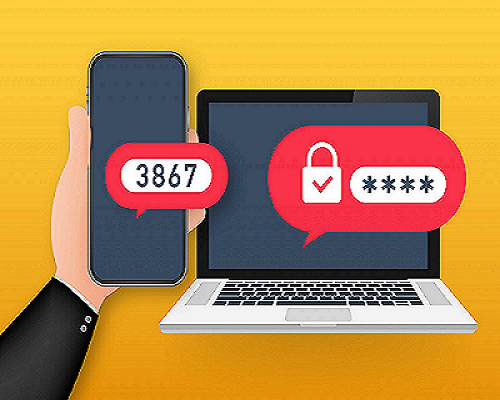
Importance of Multi-Factor Authentication (MFA)
10-May-2024
Security
Author: Yemi Adesola
In an increasingly digital world, securing our online accounts has never been more critical. Cyber threats continue to evolve, with hackers employing sophisticated methods to breach defenses and gain unauthorized access to sensitive information. One of the most effective tools in our cybersecurity arsenal is Multi-Factor Authentication (MFA). This security measure provides an additional layer of protection, making it significantly harder for attackers to compromise accounts, even if they manage to obtain your password.
What is Multi-Factor Authentication (MFA)?

MFA is a security process that requires users to provide two or more forms of verification before accessing an account or system. Unlike traditional authentication methods that rely solely on a password, MFA adds extra steps, making it more challenging for unauthorized individuals to gain entry. The most common forms of authentication factors used in MFA include:
a. Something You Know
This is typically a password or PIN that the user must enter.
b. Something You Have:
This could be a physical token, a smartphone app generating a one-time code, or a security key.
c. Something You Are
Biometric factors like fingerprints, facial recognition, or voice recognition fall into this category.
By combining these factors, MFA ensures that even if one factor (like your password) is compromised, an attacker would still need to bypass additional security measures.
Why is MFA Important?
1. Protection Against Phishing
Phishing attacks, where attackers trick users into revealing their passwords, remain a prevalent threat. MFA adds an additional layer of protection in such scenarios. Even if a user falls victim to a phishing attack and their password is stolen, the attacker would still need to provide the second or third authentication factor, which they typically don’t have access to.
2. Enhanced Security
The most obvious benefit of MFA is the enhanced security it provides. Passwords alone are often not enough to protect against modern cyber threats. Weak or reused passwords can be easily guessed or stolen through phishing attacks, data breaches, or brute-force methods. MFA acts as a safety net, ensuring that unauthorized access is blocked even if a password is compromised.
3. Safeguarding Sensitive Data
Businesses and individuals often store sensitive information in their online accounts, from financial data to personal records. The consequences of unauthorized access can be severe, leading to financial losses, identity theft, or damage to one’s reputation. MFA significantly reduces the risk of such breaches by ensuring that only authorized users can access these accounts
4. Compliance with Regulations
Many industries are subject to strict regulations regarding data protection and security. Implementing MFA can help organizations comply with these regulations, as it is often a requirement or strongly recommended practice in frameworks like GDPR, HIPAA, and PCI-DSS. Failing to implement MFA could result in non-compliance, leading to fines or legal consequences.
Don’t wait for a someone to steal your account before you embrace MFA on all your account.
© yemiadesola. All Rights Reserved. Designed by Adeyemi CyberGuard
